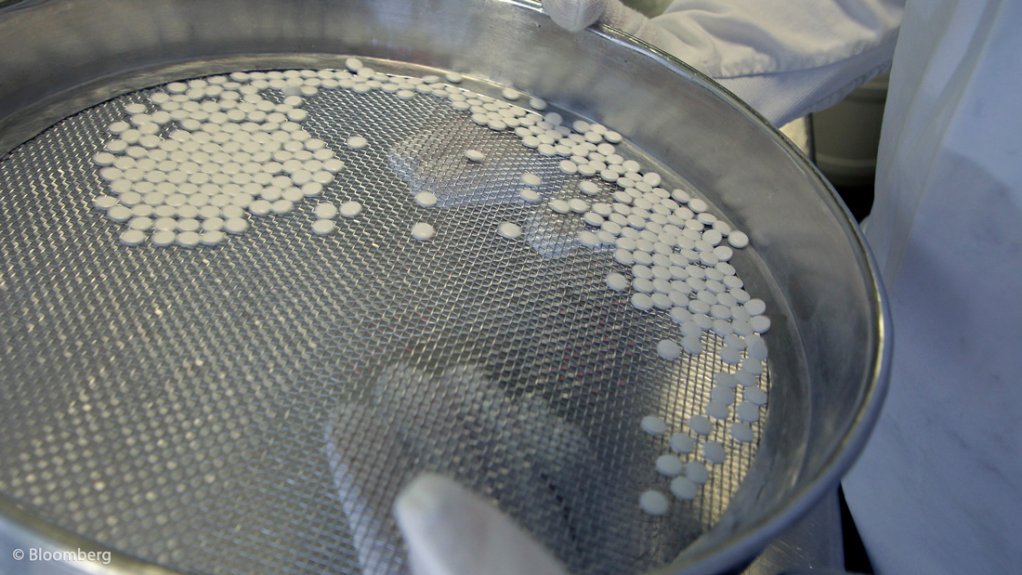The Department of Trade and Industry (DTI) is, in partnership with other Ministries that participate in the inter-Ministerial committee on intellectual property (IP), developing an intellectual property (IP) policy aimed at achieving policy coherence in government and at realising South Africa’s development objectives and human rights obligations, as set out in the Constitution.
Addressing delegates at a media briefing, in Pretoria, on Friday, DTI trade and investment director Marumo Nkoma said the policy would be rolled out in three phases, with the first phase to focus on public health.
“There are aspects of South Africa’s laws that make it difficult to access new drugs. Through this policy, we will create a system where innovators will be rewarded, while at the same ensuring affordable access to new medication for all,” he said.
He added that the policy targeted all communicable diseases, pointing out that a draft policy had been published in August and would be open for comment until November 17.
“The aim is to submit the policy, in which a number of legislative changes are proposed, by the end of March 2018 for adoption,” he said.
DTI trade negotiations chief director Nikki Kruger added that the burden of infectious diseases, including HIV, tuberculosis and malaria, continued to persist in sub-Saharan Africa, posing a significant challenge to health systems and populations throughout the region.
“This challenge is compounded by emerging diseases including cardiovascular disease,
respiratory diseases, diabetes and cancer,” she said.
She pointed out that, although important advances have been made in developing new treatments, vaccines and diagnostic tools, developing countries such as South Africa face significant barriers in adequately accessing essential, life-saving health technologies.
She explained that in 2015, 193 United Nations (UN) member States, including South Africa, adopted the Sustainable Development Goals (SDGs).
“SDG 3 focuses on ensuring healthy lives and promoting wellbeing for all, and acknowledges the critical importance of access to affordable medicines and vaccines in reaching universal health coverage and ending the Aids, tuberculosis and malaria epidemics,” she noted.
Representatives from government, civil society, business, academia and the UN have, in recent days, held a consultative workshop to garner perspectives on the draft policy.
UN Development Programme human rights law and treatment access team leader Dr Tenu Avafia, meanwhile, said access to medicine was dependent on a number of determinants, of which IP was key.
“The World Trade Organisation agreement on trade-related aspects of IP rights, of which South Africa is signatory, sets out minimum standards for protecting and enforcing IP rights in all members and contains flexibilities that can and should be used to promote public health objectives,” he said.
He added that many new health technologies were patent protected and sold at high prices when first introduced to the market.
The lack of access through the public health system, he noted, has meant that patents are burdened with high out-of-pocket payments for essential drugs, vaccines and diagnostic tests.
“These are major drivers of inequalities and poverty in low-income and middle-income countries, such as South Africa,” he said.
EMAIL THIS ARTICLE SAVE THIS ARTICLE ARTICLE ENQUIRY
To subscribe email subscriptions@creamermedia.co.za or click here
To advertise email advertising@creamermedia.co.za or click here











